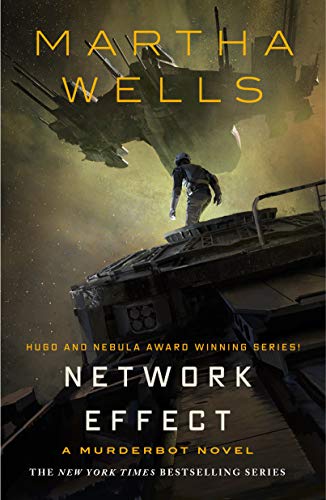Gideon the Ninth by Tamsyn Muir 📚
It’s hard to discuss this book without spoilers, but I will do my best. The story revolves around the title character, who is a warrior of mysterious origin in a far future, ancient society where power and influence are based on necromantic abilities, and as events unfold it’s not hard to see why, as the greatest adepts of the Nine Houses are gathered together in a locked and decaying palace and challenged to unravel the secrets of death in order to achieve immortality, performing feats of magic and sorcery. As the cast assembled I found it hard to keep track of who was who, and Gideon is a perhaps reliable but certainly sarcastic narrator, but as time went on there was a positively Darwinian reduction in the ensemble. Towards the end shocking revelation is heaped on deus ex machina (no spoilers!) to reach…the perfect point for the sequel to begin.
The novel is a strange combination of space opera, sword and sorcery, action and adventure, sound and fury, but in the end I felt as if I was left hanging, with a large number of the characters I had trouble keeping straight now extinct, with all the red herrings thrown against the wall left unsettled, and no recourse but to wait until the library can send me the next volume in the series. It was certainly a page-turner in the best sense, with plenty of twists and turns (perhaps too many, as I often felt a bit lost), but I was unhappy in the end (no spoilers!)
Recommendation pending until I read the next volume.






